On a warm Sunday evening at Colombo’s P Sara Oval, as the final ball skidded away and Nepal’s last hope dimmed, the Indian blind women’s cricket team surged together in unfiltered, instinctive joy.
There was nothing rehearsed about what followed. They celebrated the only way they truly could — by finding each other through touch and sound. Hands brushed the air, searching for familiar fingers. Heads leaned onto shoulders. Arms wrapped around teammates who located one another by voice, by breath, by memory. Some players collapsed onto the pitch in disbelief; others stood still, letting the moment wash over them in tears.
India had just become champions of the inaugural Women’s Blind T20 World Cup, unbeaten from the opening match in Delhi to the final ball in Colombo. And in that moment, watched by a cheering crowd that included the Prime Minister of Sri Lanka, Dr Harini Amarasuriya, the world finally saw what these women had fought for long before the tournament began.
From silence to sound: discovering cricket in the dark
Blind cricket is a sport you hear before you fully understand it — the hard plastic ball rattling with metal bearings, the sharp calls across the field, the rhythm players follow to orient themselves. B1 batters, completely blind, run with partners to keep them safe. For the Indian players, that sound has always been more than just a cue. It was often the only thing that made them feel ‘seen’.
Most of these women come from small villages across the country — farming households, modest hostels, government schools where opportunities were scarce and expectations scarcer.
Cricket entered their lives not through academies or formal scouting systems, but through everyday heroes: a schoolteacher who refused to give up on them, a community worker who pushed them to try something new, a coach who walked into a hostel for visually impaired children and decided to stay.
We are the Champions. India stands tall as the winning team, owning this proud moment with heart and determination. pic.twitter.com/W6Pih9bBti
— Cricket Association for the Blind in India (CABI) (@blind_cricket) November 23, 2025
Quick Reads
View AllThe 16 players who formed this World Cup–winning squad come from nine states — a mosaic of accents, battles, and dreams. Yet their stories overlap in one painful truth: society never expected anything from them.
“Gaon mein sab bolte the, tum blind ho, tum kya kar sakti ho? Aaj humne dikhā diya hum kya kar sakte hain [Back home people used to say, you’re blind, what can you do? Today we’ve shown them exactly what we can do.],” said an emotional Deepika TC after lifting the trophy as the Captain of the Indian blind women’s cricket team.
Deepika hails from rural Karnataka. She partially lost her vision as a baby after an accident and spent her childhood helping her family in the fields, never imagining that sport would one day give her a new identity. Cricket slowly gave her a quiet confidence. Today, she leads India’s national team and works in the Income Tax department — a secure job that allows her to support her entire family.
And now, she stands as India’s first T20 World Cup-winning captain in women’s blind cricket.
Much like Deepika, vice-captain Ganga Kadam grew up in a family of nine children in Maharashtra, where her farmer father enrolled her in a school for the blind to secure her future. Cricket began as a pastime. A teacher saw something in her — the way she listened, how she judged distances purely by instinct — and urged her to take the game seriously.
Watch this video to see how the Cricket Association for the Blind in India and Samarthanam Trust for the Disabled are transforming the lives of cricket for the blind players in India pic.twitter.com/1JhNlP1KE2
— Cricket Association for the Blind in India (CABI) (@blind_cricket) November 24, 2025
One of the most emotional stories in this squad belongs to Kavya V, a completely blind B1 player from Karnataka. Talented, fast-learning and fearless, she had been one of the standout performers in the build-up to the World Cup.
But talent wasn’t her biggest challenge.
Her family, unsure and worried, wasn’t convinced about sending her abroad. For days leading up to the squad announcement, Kavya kept her hopes small. She said she would “take what comes”.
Now, with a World Cup medal around her neck, her voice carries a confidence that wasn’t there earlier.
“Aaj ke baad sayad aur bhi hamare jaise ladki is sport me ayengi and unke parents bhi unko encouareg karenge, [I hope after today, a lot of girls like us will take up the sport and their parents will support them as well],” she said.
And there are many more stories like hers in this team.
The quiet determination of Basanti Hansdah from Odisha. The perseverance of Karuna Kumari from Andhra Pradesh — who anchored India’s chase with a vital 42 in the final against Nepal.
For most of them, the journey was never just about learning cricket. It was about finding a way to get to school, to travel on their own, to bring home something — anything — that could ease the burden on their families. Each carried a struggle far larger than the sport, and yet they moulded those struggles into strength.
Some players had never seen an airport until a month ago. Some had never imagined wearing the India jersey. Some weren’t sure their families would even allow them to travel for the World Cup.
Yet they came. And they played with a freedom that surprised even themselves.
A coach who believes can change lives
Coach Chandu V, a former Karnataka cricketer and a long-time advocate for blind cricket, stood a little away from the celebration, watching the team from a distance like a proud parent.
He knows better than anyone what this journey took.
“With the resources we have, reaching this far itself is a miracle,” he said, shaking his head gently. “Imagine what these girls can do if the government and the BCCI step forward. More girls will come. And the sport… it can change their lives. I’ve seen it happen with my own eyes.”
For Chandu, this win is both a reward and a reminder. The talent is there. The passion is overwhelming. What they need now is backing.
Unstoppable! 🇮🇳 India clinches the SBI 1st Women’s T20 World Cup Cricket for the Blind 2025 without losing a single match! 🏆 #Champions #TeamIndia" pic.twitter.com/ZuN9G1ruUY
— Cricket Association for the Blind in India (CABI) (@blind_cricket) November 23, 2025
Along the way, the team received small but meaningful encouragement from the wider cricketing community. Jemimah Rodrigues, who has a lot of admirers in this team, sent her best wishes; India’s men’s Test captain Shubman Gill and former captain Ajinkya Rahane reached out with messages of support before and during the tournament.
But the truth is, these women drew their strength from within.
Long before they lifted the trophy, they had already won — beaten back circumstances, stereotypes, neglect and the idea that cricket belonged only to those who could see it.
And as the celebrations faded and the day came to an end, Chandu’s words stayed with them:
“If even one girl hears about us and decides to pick up this ball, our victory will be complete.”
Perhaps that is the real triumph — not just winning a World Cup, but proving that even without sight, dreams can still find their way into the light.


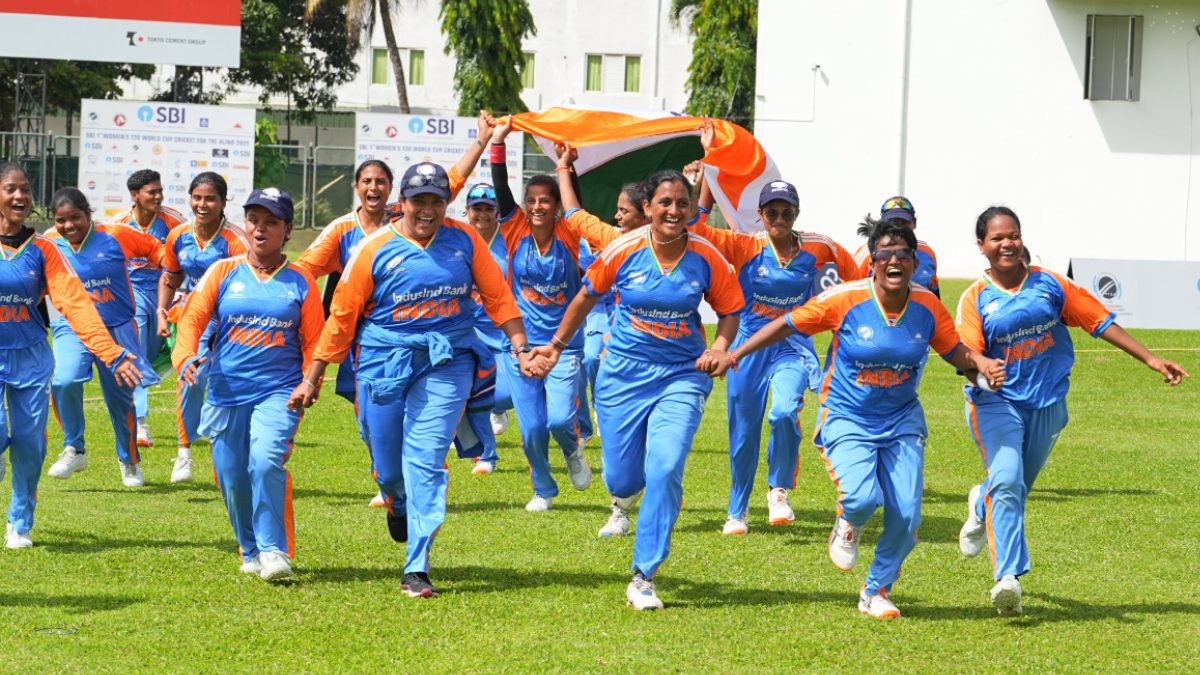)

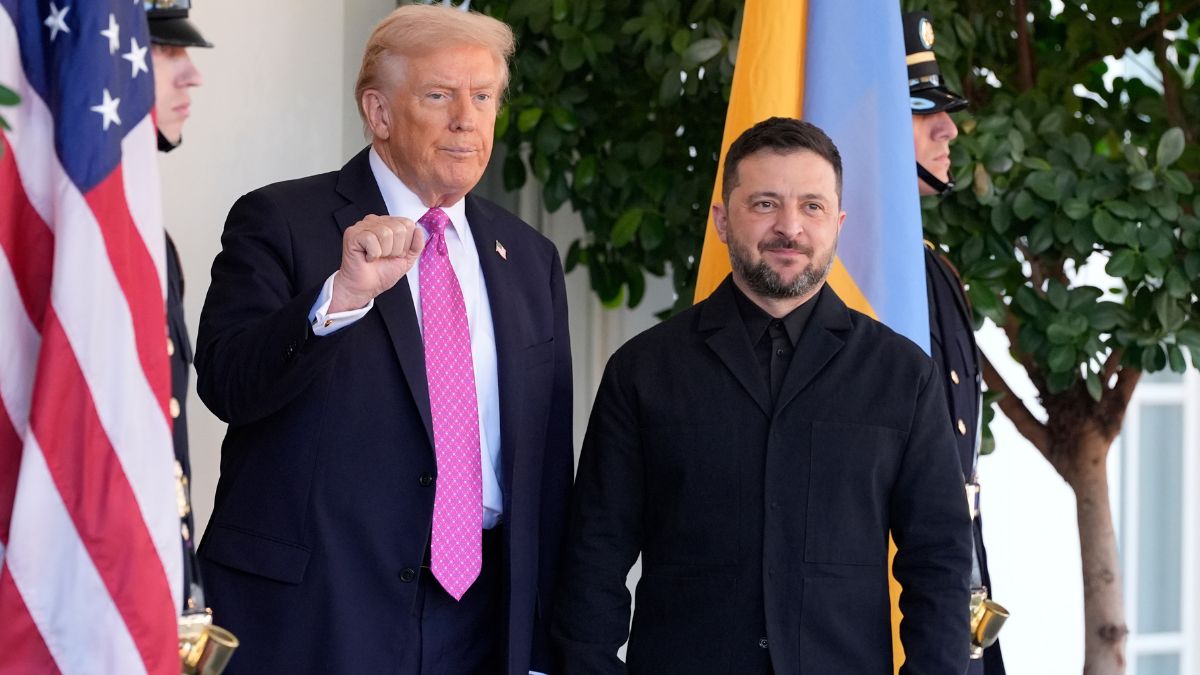)
)
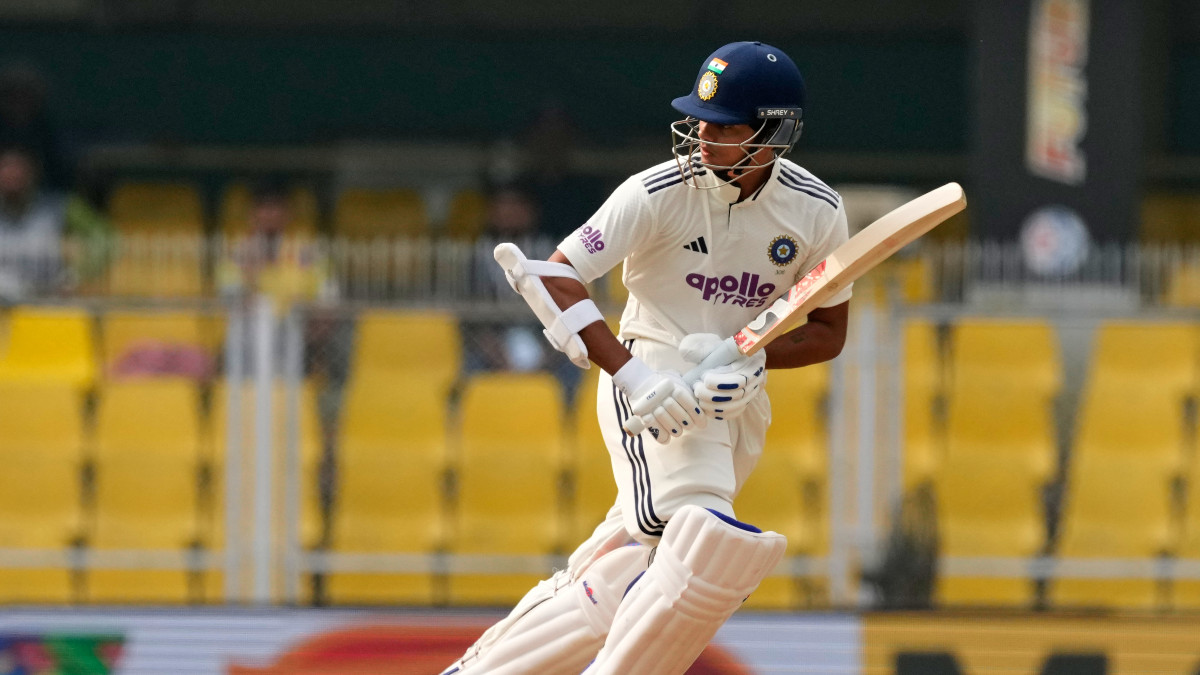)
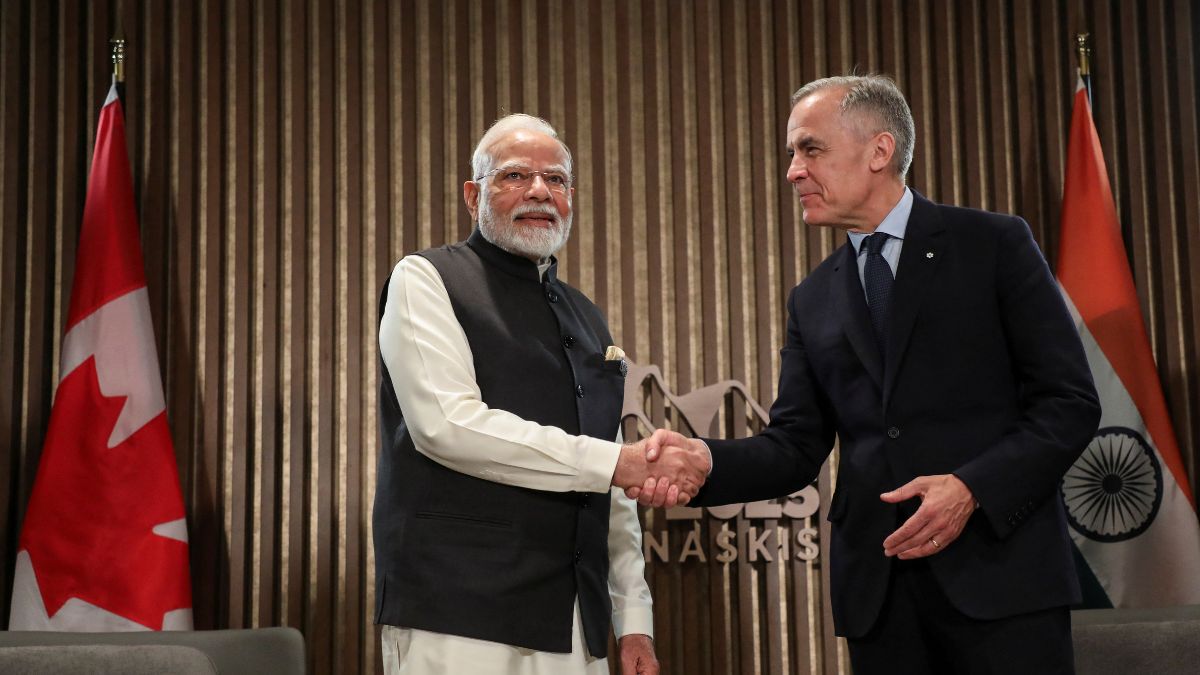)
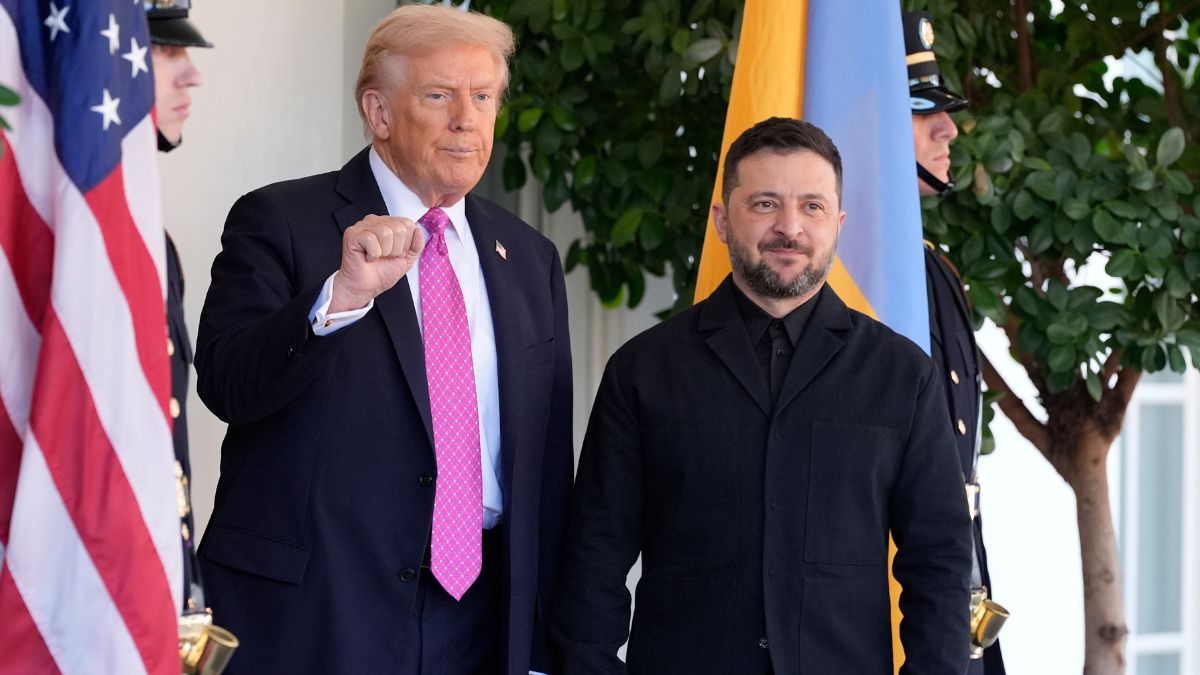)
)
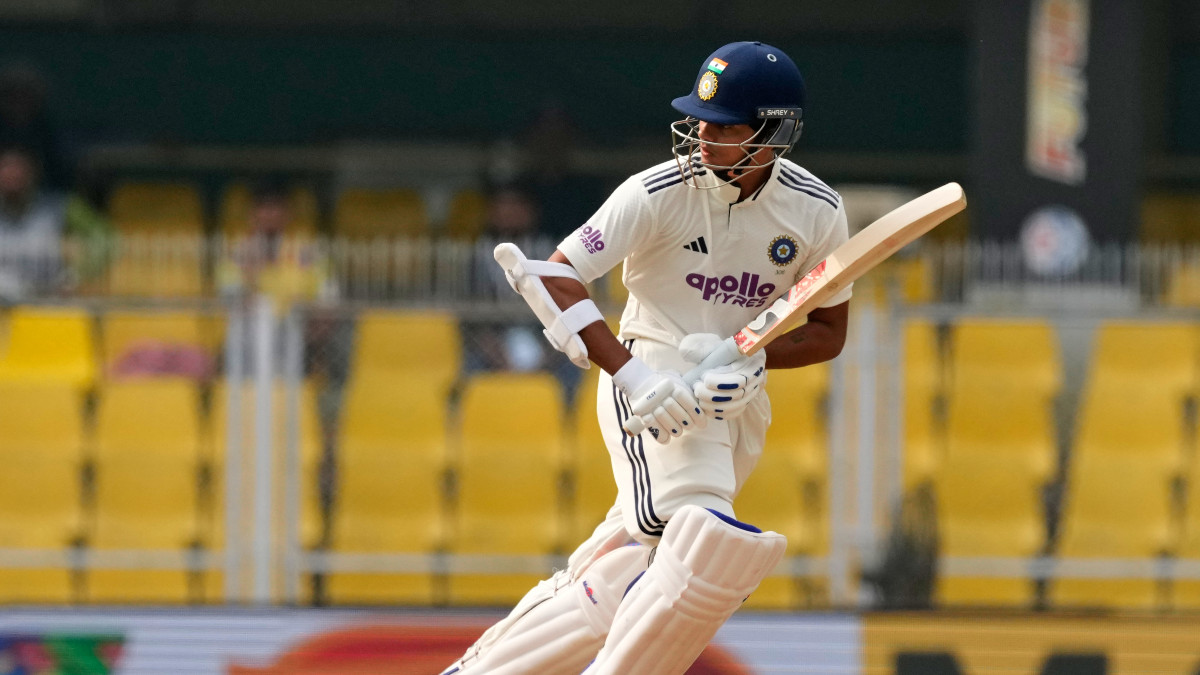)
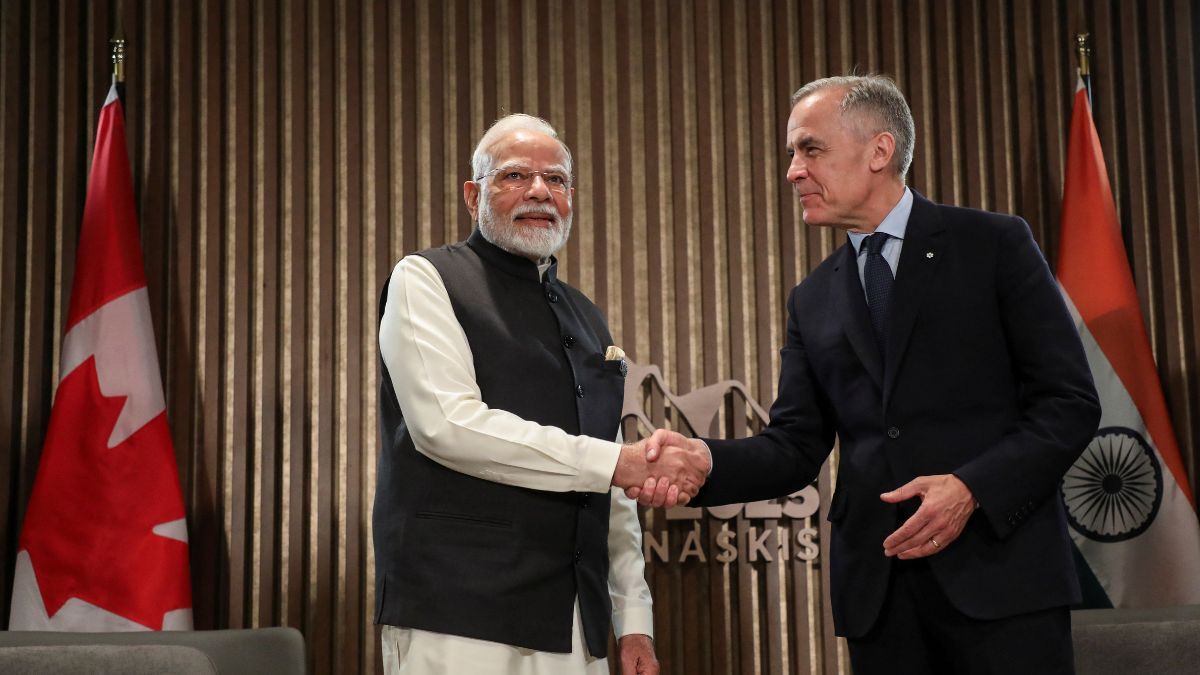)



